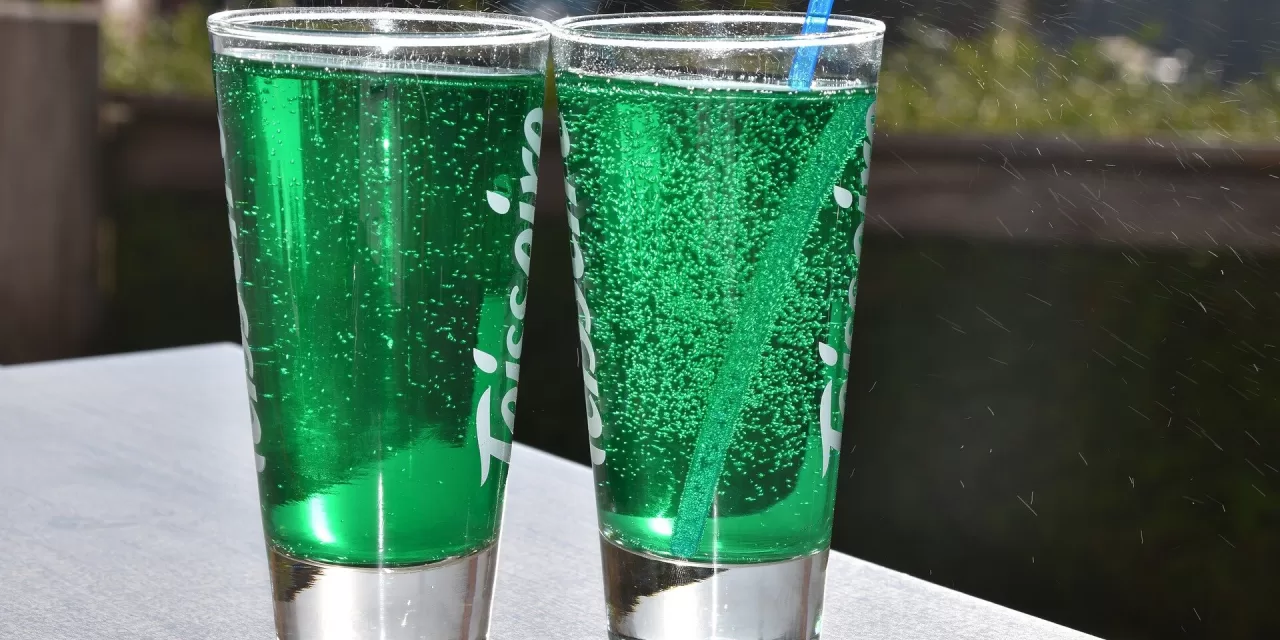A growing body of research explores the potential links between stroke risk and the beverages many people consume regularly—coffee, tea, soda, and alcohol. From daily cups of coffee to fizzy sodas and evening drinks, new studies are shedding light on how these drinks could impact stroke risk, offering insights that could help guide patient advice.
Coffee and Tea: Beneficial or Risky?
In the ongoing search for a link between everyday drinks and stroke risk, recent findings have stirred both hope and caution. The INTERSTROKE study, which examined global stroke risk, found that high coffee consumption—defined as more than four cups per day—was associated with a significantly increased risk for both all types of strokes (odds ratio [OR], 1.37) and ischemic stroke (OR, 1.31). However, moderate coffee consumption did not show an increased risk, suggesting that the volume matters.
Tea, on the other hand, has been found to be potentially protective. Data suggests that regular tea drinkers (with the highest intake levels) have a 19% reduced risk for all stroke types and a 19% lower risk for ischemic stroke compared to non-drinkers. A recent UK Biobank study further bolstered these findings, showing that drinking both coffee and tea could reduce stroke risk and dementia by as much as 30% for stroke and 28% for dementia.
“Flavonoids, which are abundant in both coffee and tea, may play a significant role in protecting against stroke risk, thanks to their antioxidant and anti-inflammatory properties,” explained Cheryl Bushnell, MD, MHS, Chair of the American Stroke Association’s 2024 Guideline for Primary Prevention of Stroke.
While tea may offer some protective benefits, experts like Taylor Wallace, PhD, stress moderation. “A cup or two of unsweetened tea per day is a healthy habit, but it’s not a miracle cure,” Wallace said. For coffee drinkers, the advice is similar: enjoy it in moderation, but avoid adding sugar and cream, which can negate some of its benefits.
The Soda Dilemma: Sweetened vs. Diet
When it comes to sugar-sweetened and diet sodas, research paints a less rosy picture. Data from the Nurses’ Health Study and Health Professionals Follow-Up Study reveals that drinking one or more servings of sugar-sweetened soda daily is linked to a 16% increased risk for stroke, independent of other cardiovascular risk factors. Diet sodas, which are often perceived as a healthier alternative, have not proven to be much better. The Women’s Health Initiative found a significant link between artificially sweetened beverages and an increased risk of stroke, ischemic stroke, coronary heart disease, and even premature death.
In particular, the Framingham Heart Study Offspring cohort highlighted the potential dangers of diet soda, showing that drinking one can a day nearly tripled the risk of both stroke and dementia over a 10-year period.
However, experts like Dr. Wallace are cautious about drawing definitive conclusions. “While sugar-sweetened beverages clearly contribute to weight gain and metabolic dysfunction, the health impacts of diet soda are still unclear. Most studies are observational, and lifestyle factors complicate the results,” he explained.
Alcohol: Moderation or Abstinence?
The link between alcohol consumption and stroke risk has long been debated. For years, studies suggested that moderate alcohol consumption might reduce the risk of major vascular outcomes, such as ischemic stroke. However, recent research challenges this theory, showing mixed results on whether light drinking is truly beneficial.
A large meta-analysis found that light to moderate alcohol intake (up to one drink per day for women, two for men) was associated with a reduced risk of ischemic stroke. But heavy drinking—more than two drinks per day—was clearly linked to an increased risk of both ischemic and hemorrhagic stroke.
While moderate alcohol consumption may not universally increase stroke risk, experts like Bushnell caution against overindulgence. “Any alcohol intake is associated with worse cognitive function, so the lower the consumption, the better,” she advised. The American Heart Association currently recommends limiting alcohol to two drinks per day for men and one for women to reduce the risk of stroke.
Dr. Wallace echoed this sentiment, noting that alcohol consumption is a complex issue. “Alcohol is a highly political and biased topic, and the evidence regarding its health effects remains inconclusive,” he said. “Moderation might not be the answer—it’s difficult to study because self-reported alcohol intake can be unreliable.”
Takeaways for Patients
While research into the links between common drinks and stroke risk is still ongoing, healthcare providers can offer some guidance to patients based on the current evidence:
- Coffee and Tea: Drinking moderate amounts of unsweetened coffee or tea might offer some protection against stroke, but avoiding added sugars is crucial.
- Soda: High intake of sugar-sweetened and diet sodas may increase stroke risk, so limiting these beverages is advisable.
- Alcohol: The safest approach is to consume alcohol in moderation—if at all—since heavy drinking clearly increases stroke risk and may harm cognitive function.
Ultimately, lifestyle changes such as cutting back on sugary drinks, drinking alcohol in moderation, and enjoying coffee and tea in sensible amounts may help lower the risk of stroke. However, the complexity of these studies underscores the need for individualized patient advice.
As the evidence continues to evolve, experts urge patients to work with their healthcare providers to determine the best choices for long-term health.











